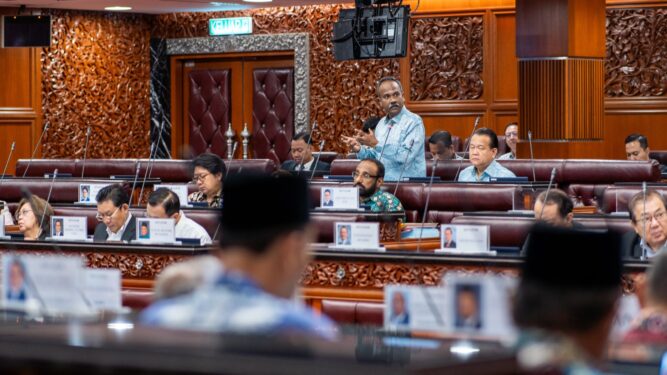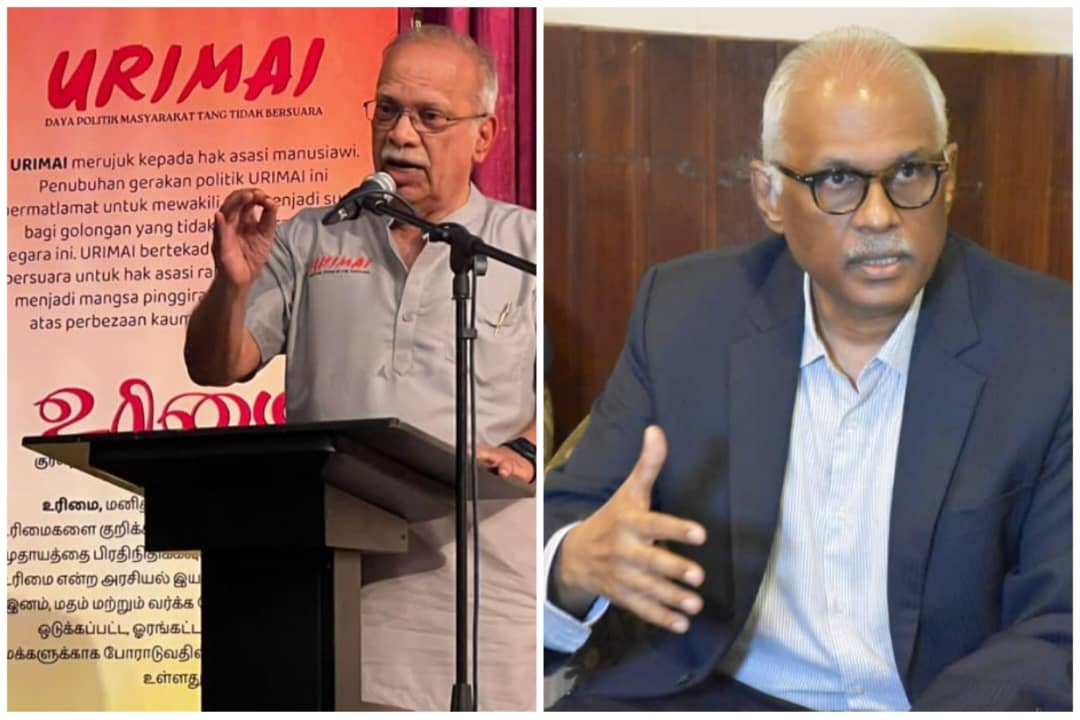OF ALL my contemporaries, I least expected former Klang MP Charles Santiago to support the notion of the multiplicity of unions in the country.
Recently, he said that the presence of multiple unions will lead to competition among unions for better wages and work conditions. The newly introduced amendment to the Trade Union Act of 1959 allows for multiplicity of trade unions in trades and industries.
I wonder how Santiago being a person well-versed in the history of labour and trade union struggles endorse the formation of multiple unions. How on earth can the contest and conflict between multiple unions contribute to the rise in wages and benefits for the working class?
The limited Indonesian experience might not be applicable to the Malaysian situation. When in-house unions were introduced in the 1980s and beyond, I am sure Santiago did not welcome the idea.
The whole idea of the formation of in-house unions or company unions was basically to divide the general or trade unions. Both the Malaysian state and employers have acted in unison when it came to divide and weaken the trade union movement.
In the immediate aftermath of the World War II, colonial legislation such as the Trade Union Ordinance was introduced to disallow omnibus unions and instead encourage the formation of trade unions.
Trade unions were further split after the formation of in-house of company unions. Now there is another nefarious attempt to introduce multiple unions in the industry.
Differing views
Can Santiago confirm whether the passage from omnibus to trade and in-house or company unions in the course of the nation’s history strengthened the labour movement in terms of better wages and benefits from employers?

Similarly, I wonder how the latest introduction of multiple unions can increase the competition among unions for better bargaining power.
I hope Santiago is not that naive to assume that competition and conflict between multiple unions can increase the bargaining power of workers. On the contrary, competition and conflict between unions will further divide and weaken the already fledgling labour movement.
It didn’t occur to Santiago how or the manner weaker unions might be used by employers to subvert the stronger and the adversarial ones. It goes without saying that multiple unions will be something that might be embraced by the government and employers.
The last thing that the government and employees need is a strong labour movement. As far as employers are concerned, a good union is “dead union”. Labour laws in the country are meant not to keep peace between labour and capital but intended to subdue the labour or trade union movement.
It is indeed shocking that progressive leaders like Santiago doesn’t see the real intentions behind the amendment to the Trade Union Act 1959. The intention is to further weaken and strangle the workers in the country.

Human Resources Minister V. Sivakumar spoke proudly about union membership having reached the target of one million. But he exposed his naivety by not realising that only slightly more than 6% of the labour force are organised in trade unions in the country.
Perhaps Santiago wants to explain how multiplicity of unions can increase the union membership leading to better bargaining power. I agree with the Coalition Against Multiplicity of Unions (CAMU) that the introduction of multiple unions in the industry is nothing but another sinister attempt the weaken the unions in general.
The unions in the country are weak but why is there a need to flog them further? Just because the amendment to the Trade Union Act 1959 might become a law to create multiple unions, there is no necessity to support it. – Dec 8, 2023
Former DAP stalwart and Penang chief minister II Prof Ramasamy Palanisamy is chairman of the Urimai (United Rights of Malaysian Party) Interim Council.
The views expressed are solely of the author and do not necessarily reflect those of Focus Malaysia.









